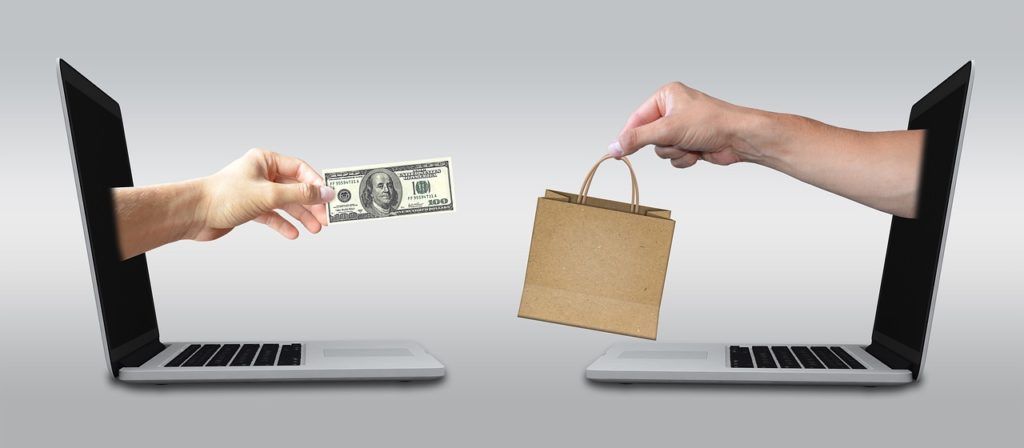
As the business world shifts into the modern era of e-commerce, a well guided user experience could be the difference between bankruptcy and success.
Technology is a very potent tool that can be used to influence and transform the behavior of consumers. New technologies are constantly being introduced and deployed that are designed to disrupt well established industries no matter what their sizes are. If a company fails to adjust, adopt and get their customers onboard, it will fall by the wayside, but those who are fast to adapt with the times will be the first to reach the finish line.
This is what UserIQ has been concentrating on – underlining the need for companies to enhance their consumers’ user experience and providing the tools by which these companies can enhance their user adoption and customer onboarding. As it is, user experience is a very important element that influences a company’s chances of succeeding in today’s business climate. With the recent advances in technology, ready and timely information is always at the fingertips of every consumer. If a company is not fast to adapt, it will fall behind its competitors.
A commercial entity really needs to understand how technology is changing the user experience. UserIQ is a service provider that helps companies understand how technology affects their consumers’ user experience and then assists these companies in developing strategies to improve the products or services that they provide. In other words, the first priority of a business enterprise is to understand the role that technology plays in transforming user experience.
Technology Has Made Information Instantly Available
During the past decade, many consumers have been transformed from retail store shoppers into online buyers. The instant access to product information and prices has driven the prices of products down. Many online companies were able to advertise their products and services and are able to deliver their goods 24/7. All these massive changes in conducting business were technologically driven.
Although online commerce does not offer the human touch that is found in physical stores, this is only a small factor of a consumer’s motivation, as some industry insiders have observed. Business enterprises, if they want to continue their operations, must adapt to the incoming advances in technology. They need to because their customers can’t wait for them to adapt. They will readily transfer their allegiance to their competitor if this other company can deliver the goods better using modern technology.
Technology Has Made Product More Usable
Modern technology has enabled manufacturers of goods to produce products that offer more usability to consumers. With greater user adoption, such products become more attractive to consumers. People are able to use these products more efficiently without as much effort or training. When given a choice, a consumer will choose a product that is easier to use over another product which is cheaper but is harder to use.
Technology Has Made More Products Readily Accessible
When strategizing user experience, companies often overlook the element of customer onboarding. Designers and makers of consumer products should also give importance to the accessibility of a product. If a product is really accessible, even the disabled will have no problem in using its full range of capabilities. In other words, even those who can’t see, hear, walk, or have difficulty in learning will still be able to find the product useful.
Most companies have the approach that this is just a waste of their money. They believe that the disabled are just a miniscule part of their market. Current statistics show that around 19 to 20 percent of the U.S. population can be classified as disabled. If a company ignores this aspect of accessibility, it could mean that it is willing to lose 20 percent of the market to its competitors. That’s a big chunk that a company will carelessly and foolishly neglect.
Thankfully, this situation is about to change. In the E.U., it is reported that companies and manufacturers are now being obligated to make their products accessible to the differently abled. Failure to comply may result in fines and penalties. However, it is also reported that this law is not being fully enforced.
Technology Has Made Products More Convenient
Today’s consumers are happy with the convenience that smart devices offer. The market for connected devices has started to take off. More and more homes are being transformed into smart houses where every task from opening the door to cooking to heating and cooling can be controlled by just a single device. With all companies competing at the same level of product capabilities, the only thing that could separate them is high quality user experience; one that anticipates consumer needs that offers peace of mind at the same time.